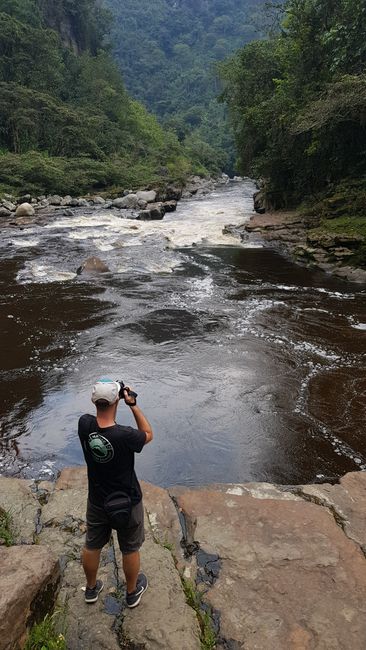Wai-O-Tapu, Napier and the Lonely East Cape
Published: 22.10.2018
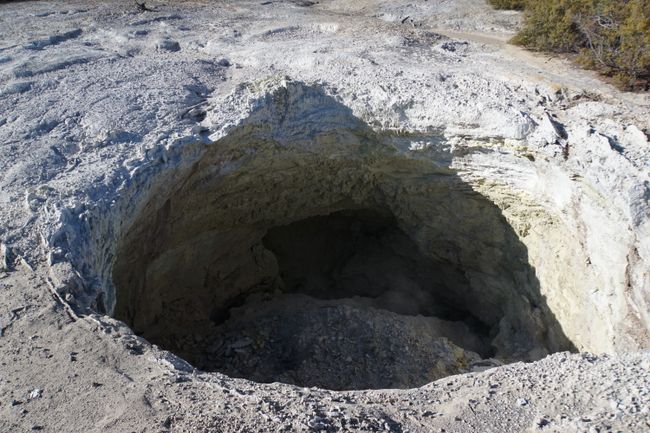
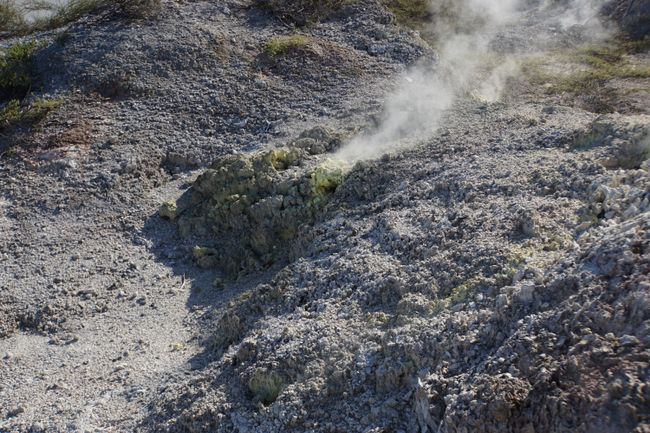
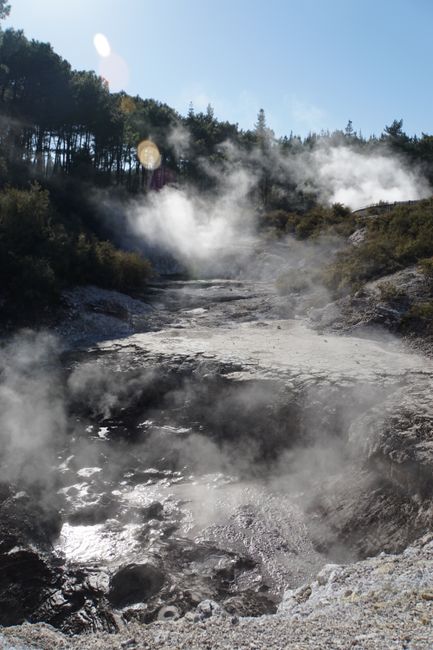
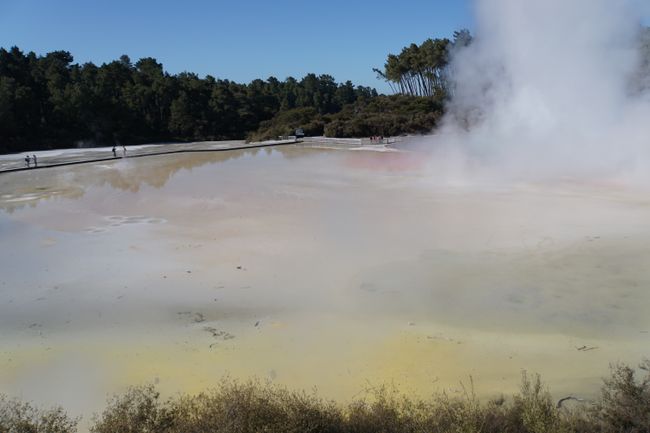
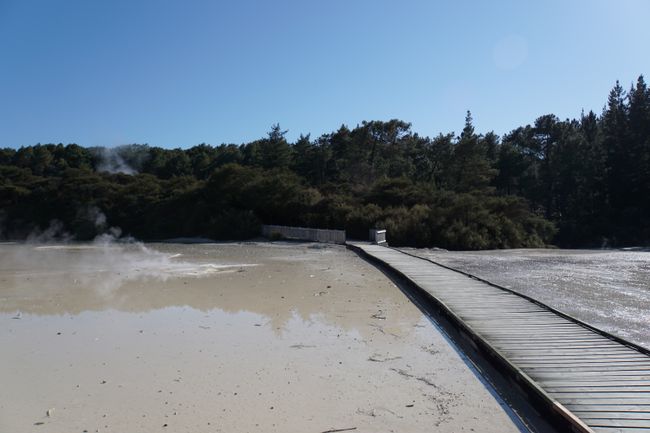
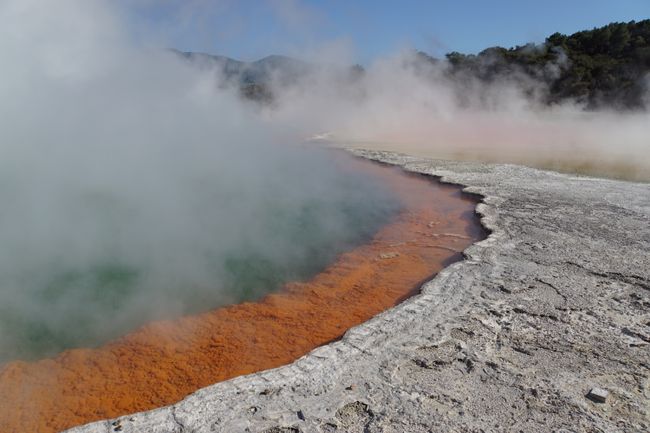
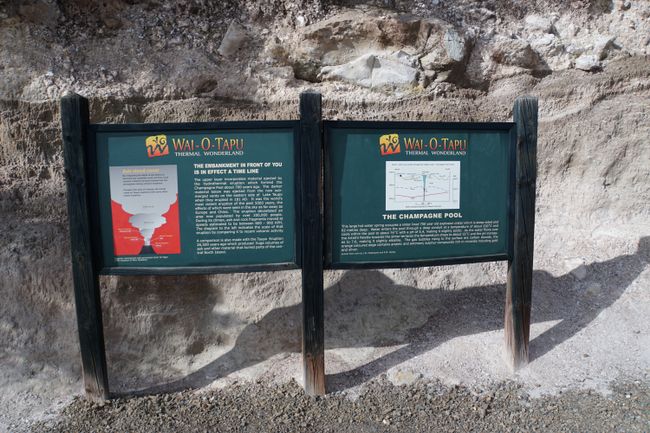
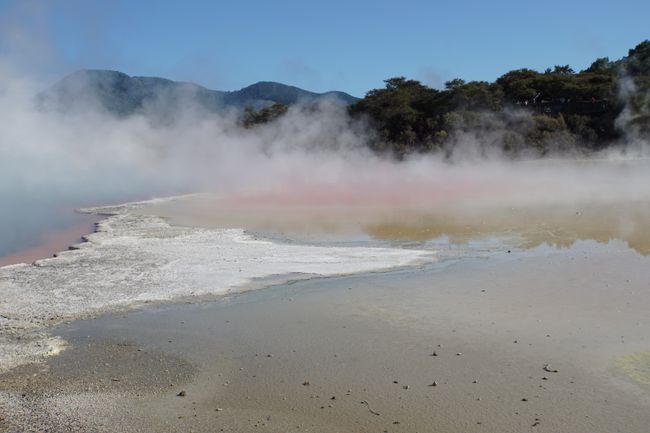
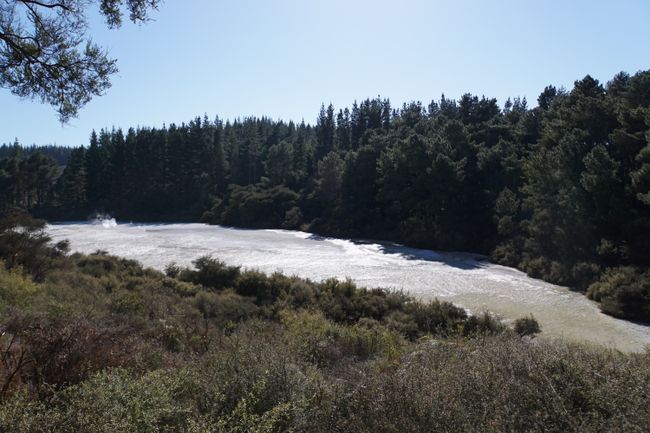
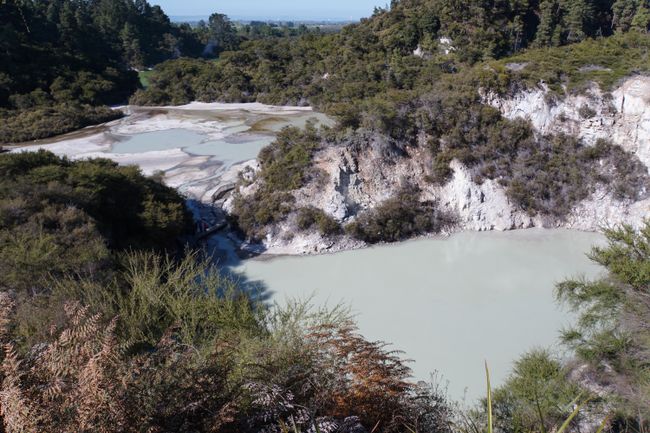
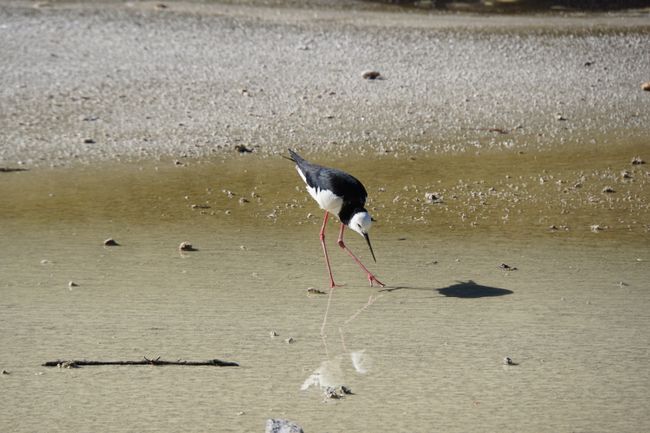
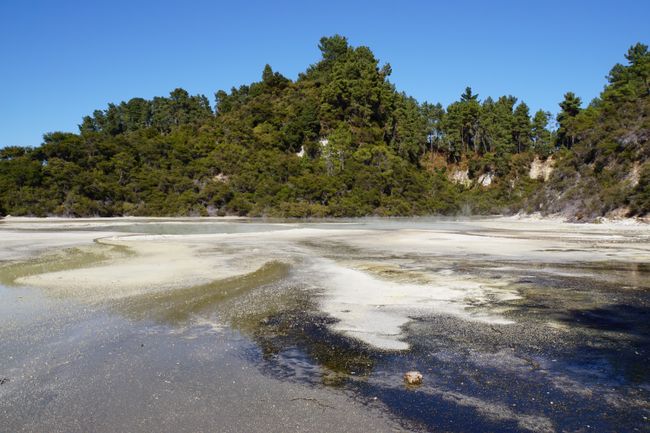
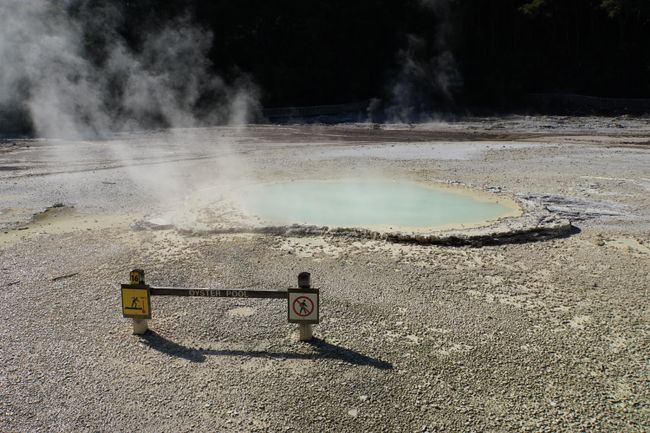
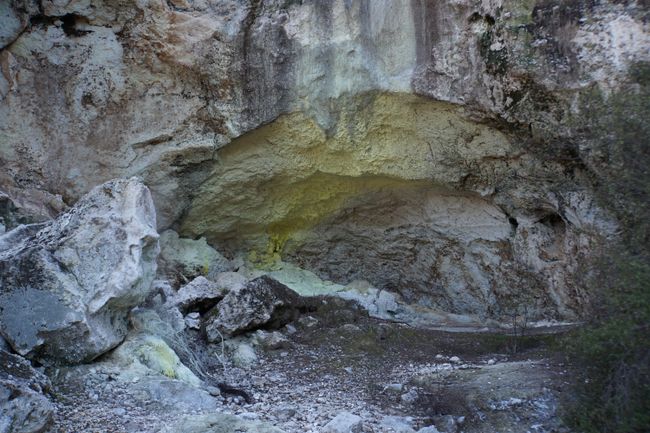
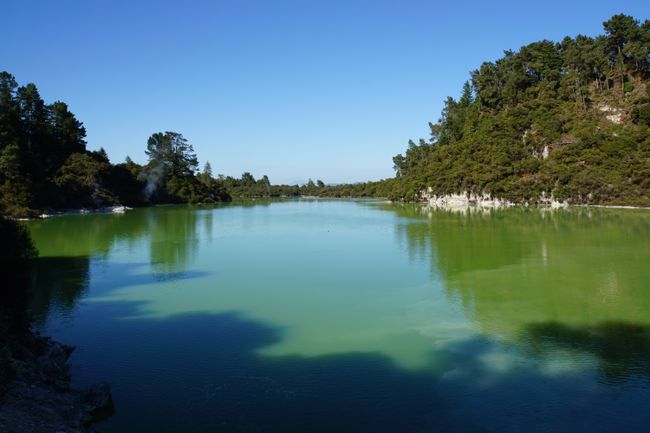
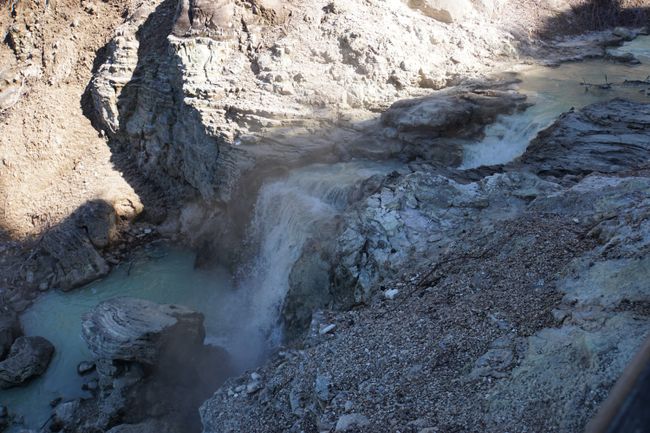
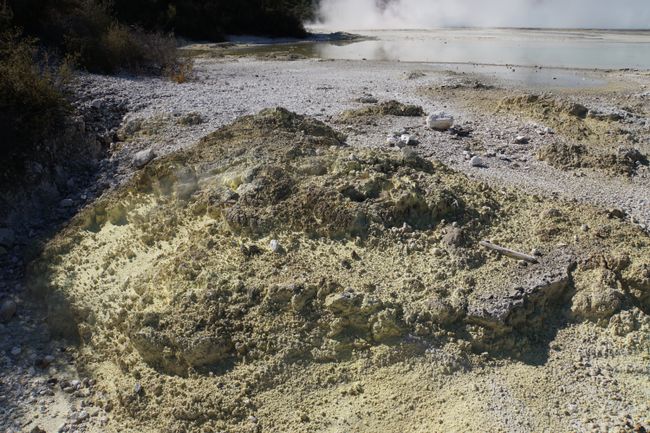
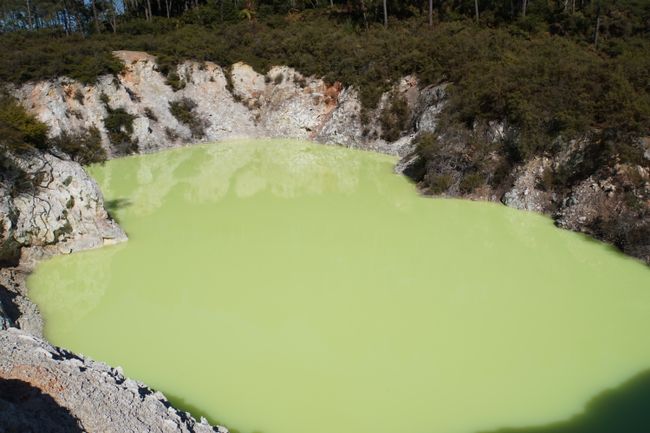
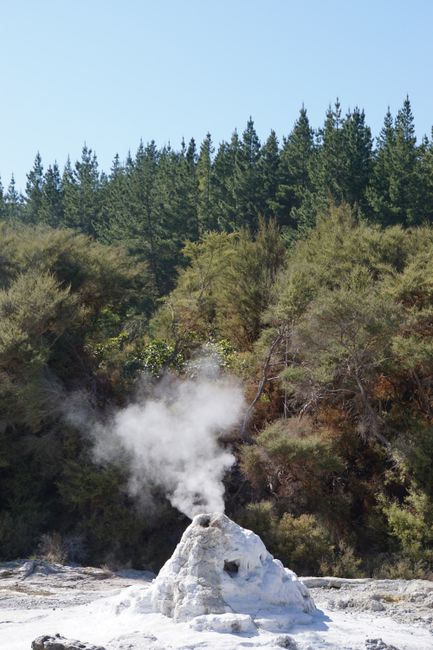
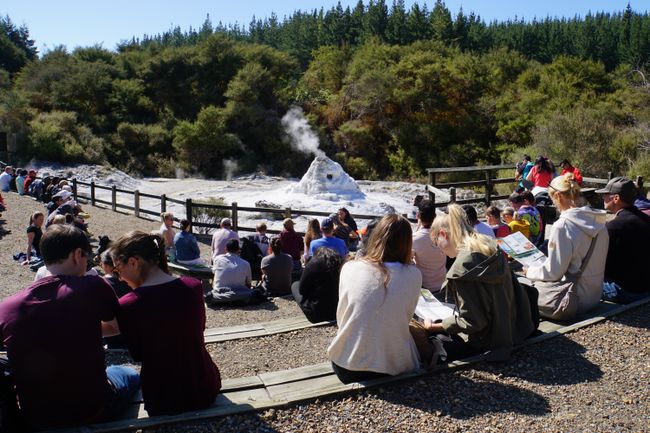
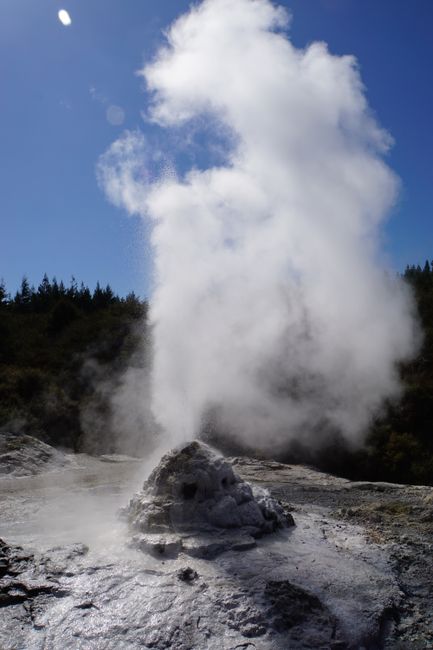
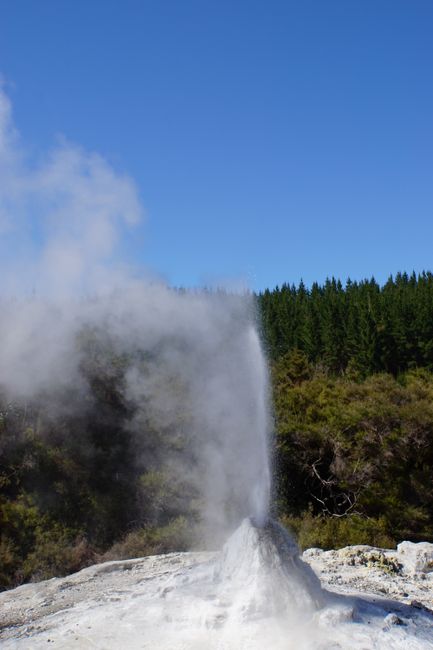
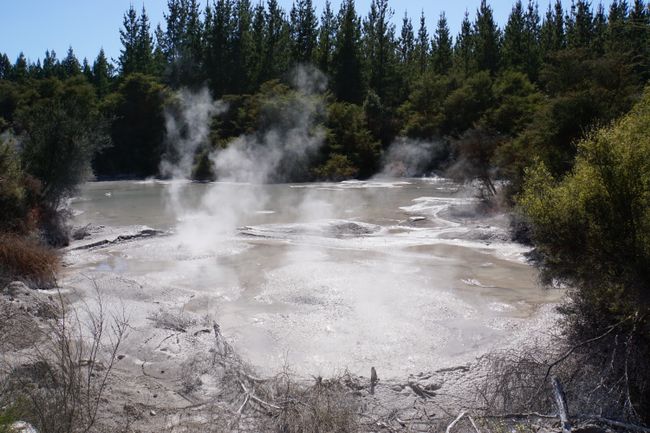
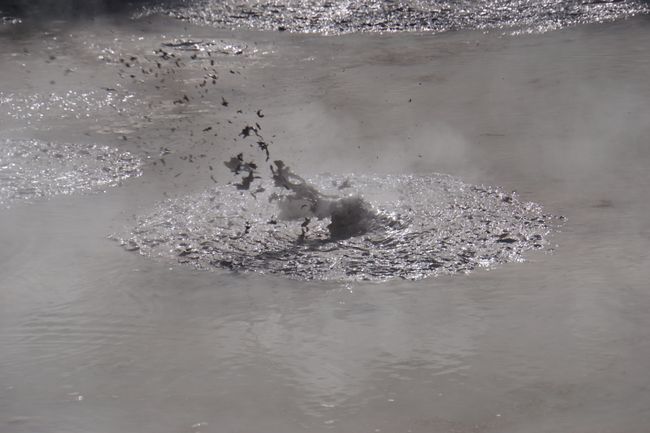
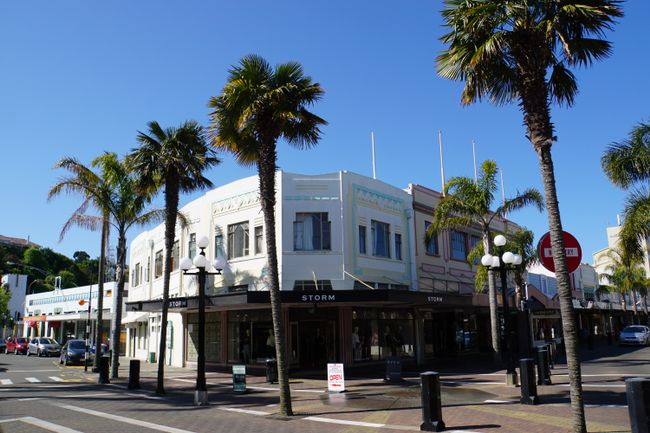
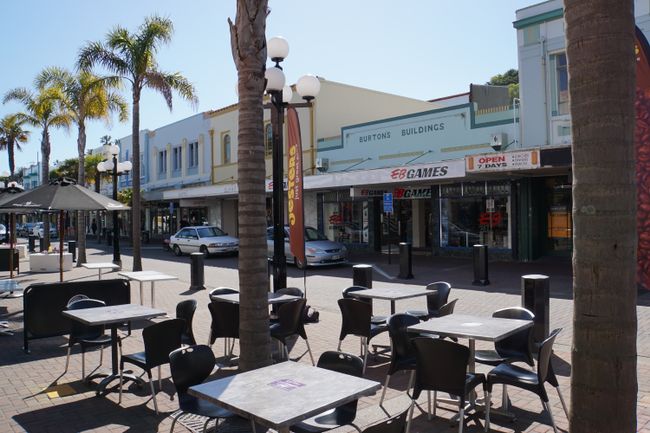
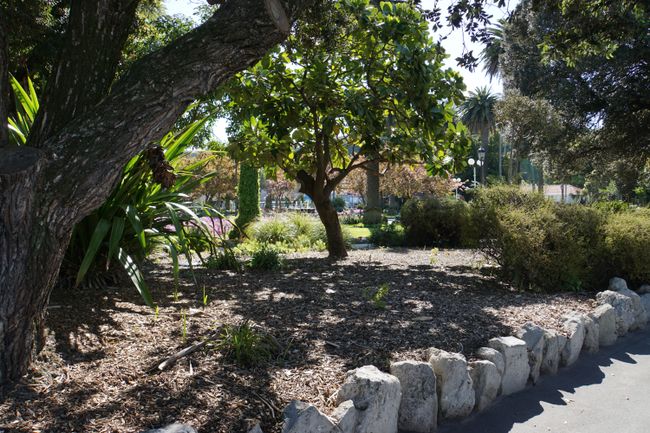
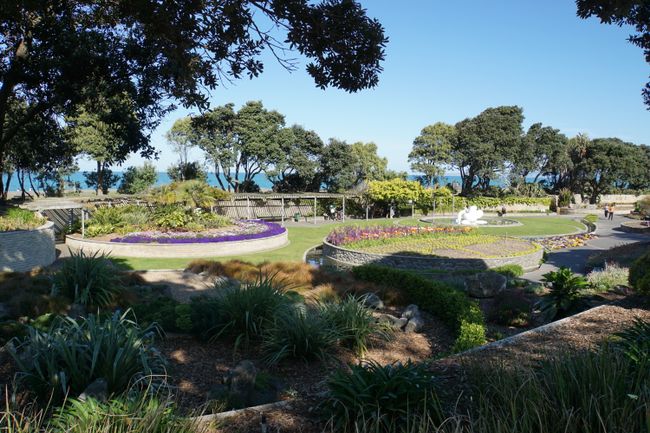
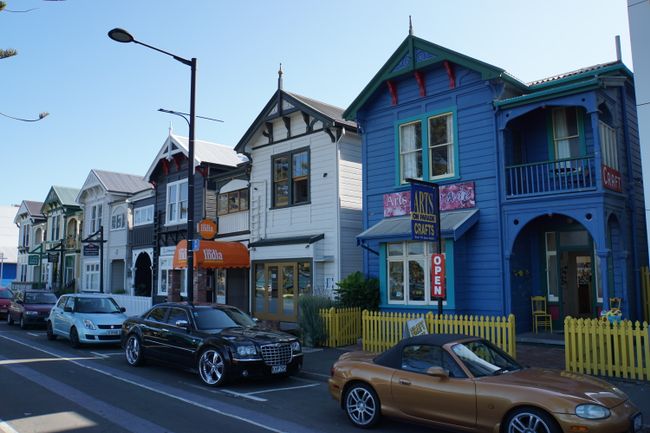
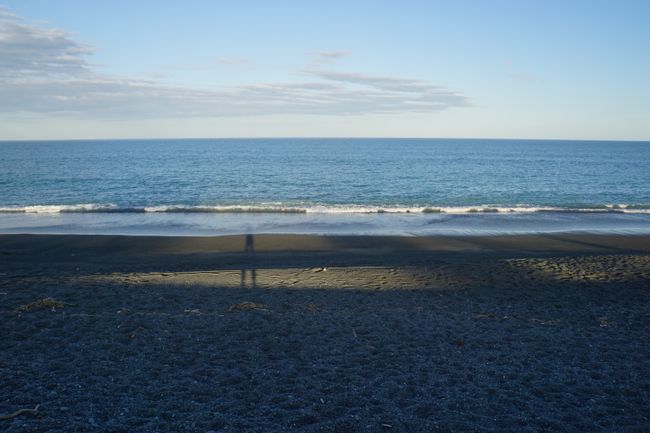
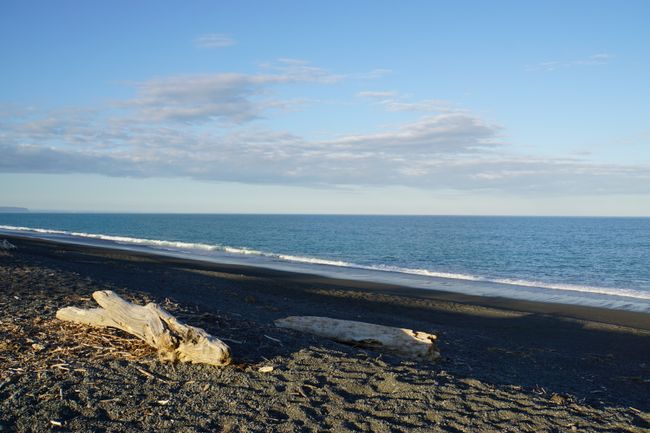
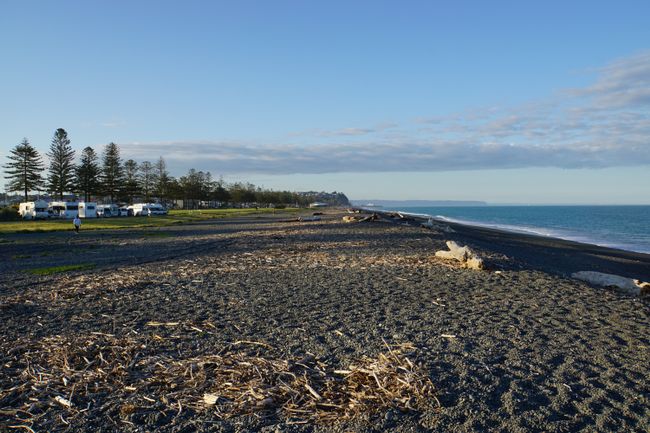
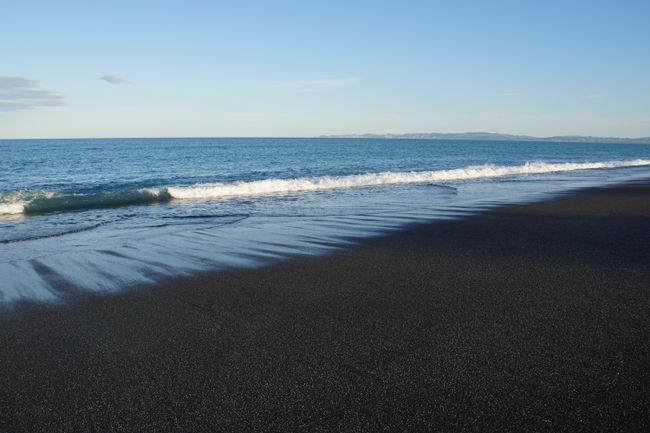
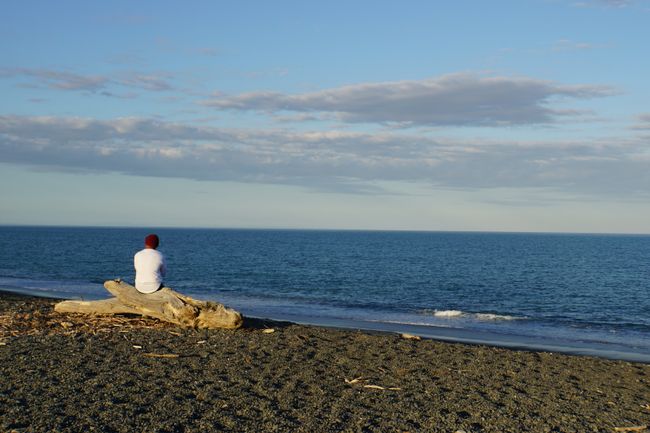
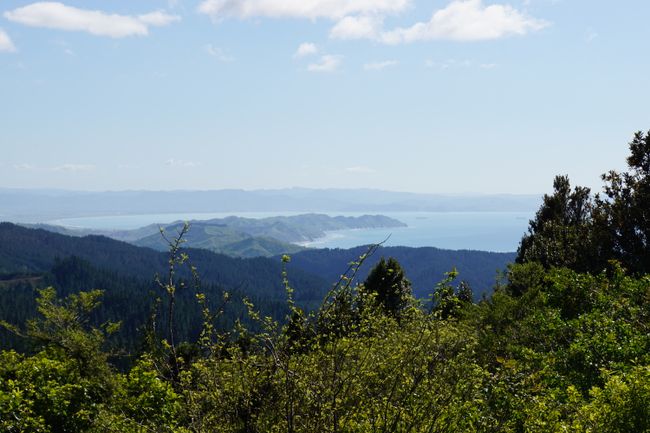

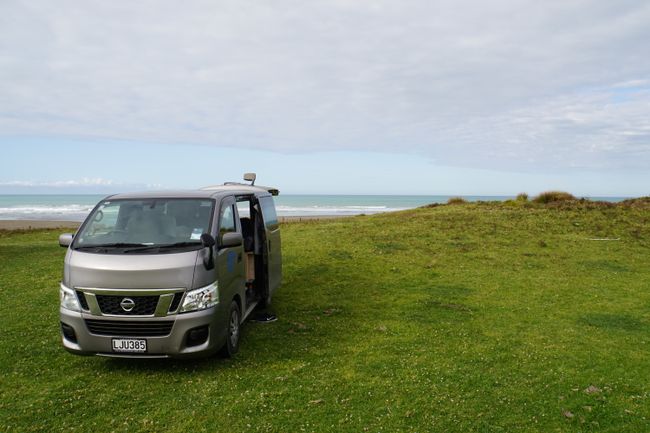
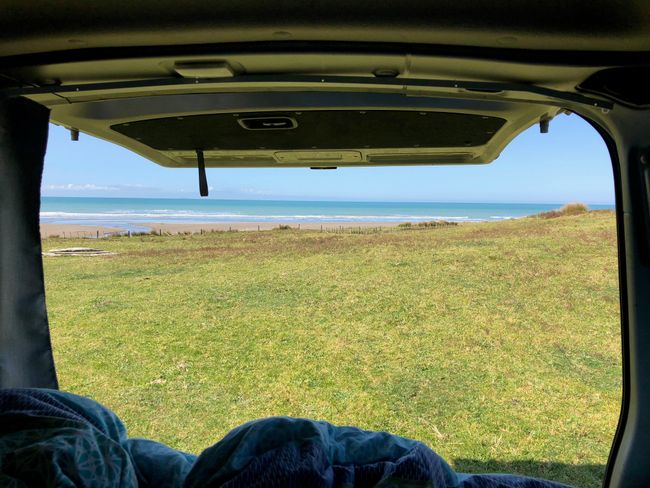
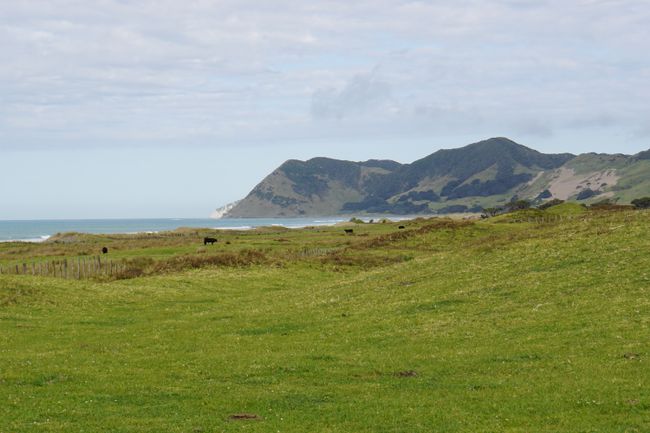
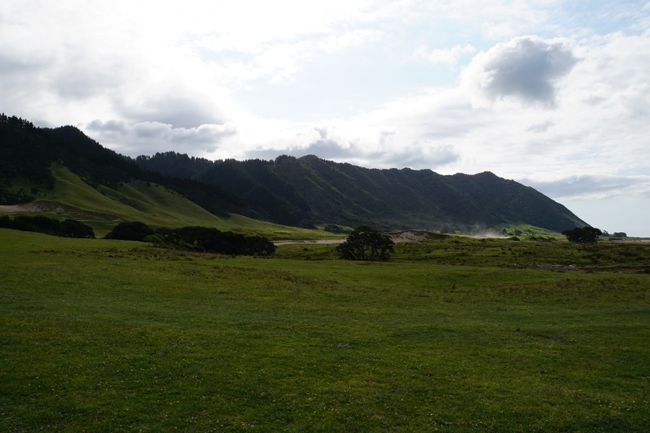
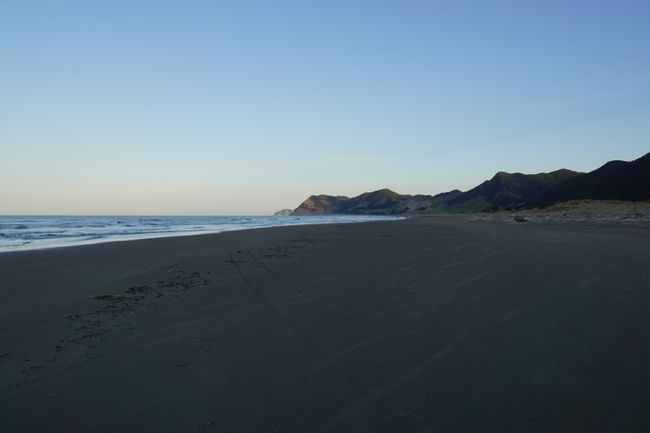
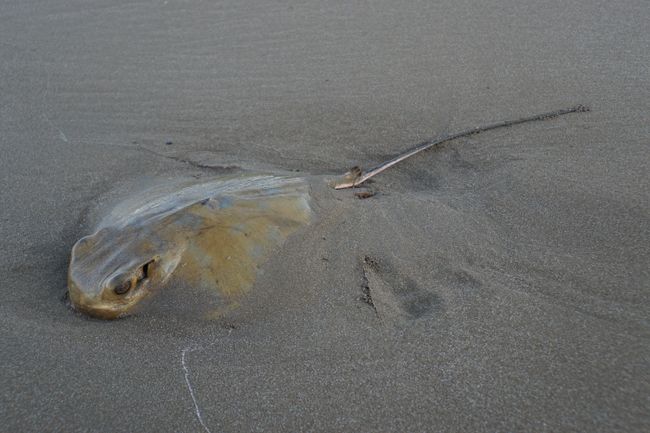
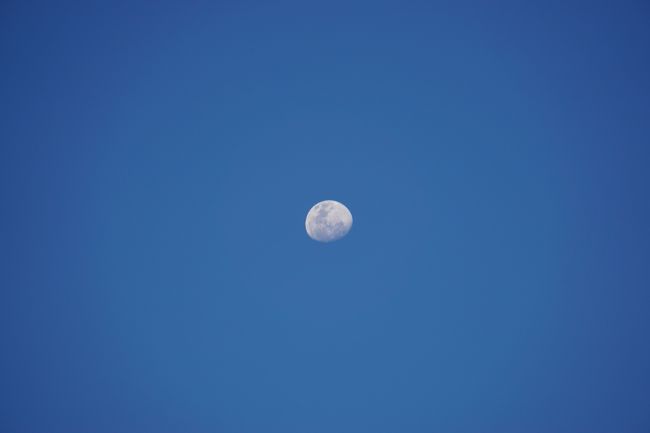
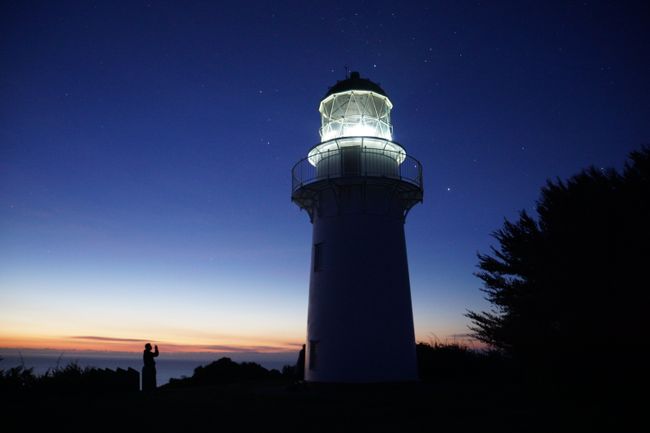
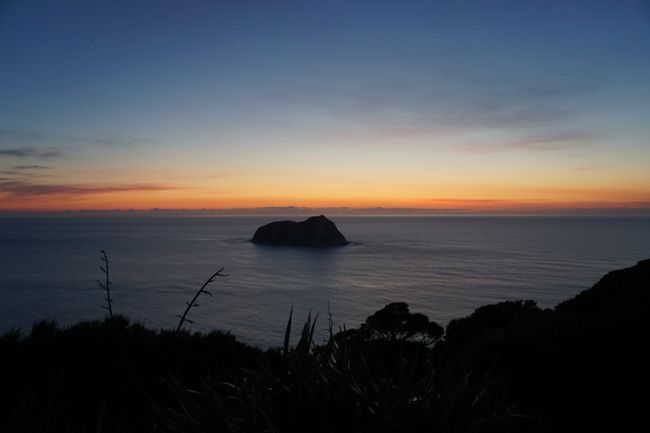
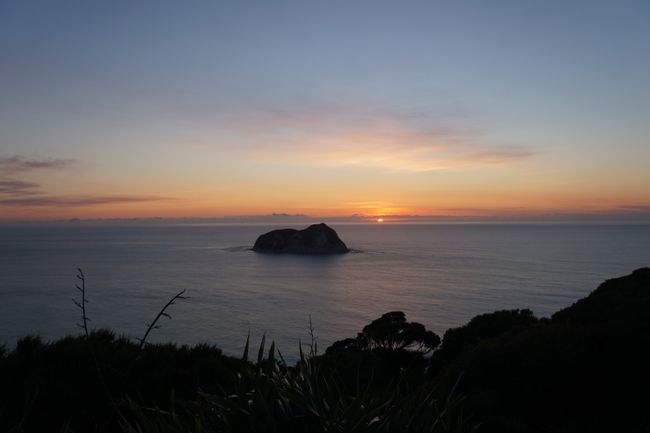
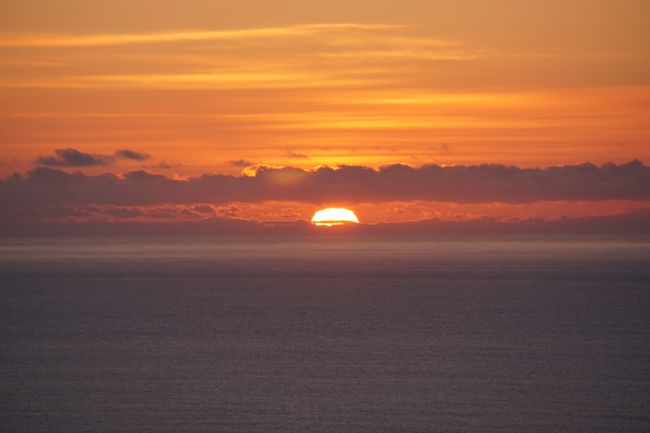
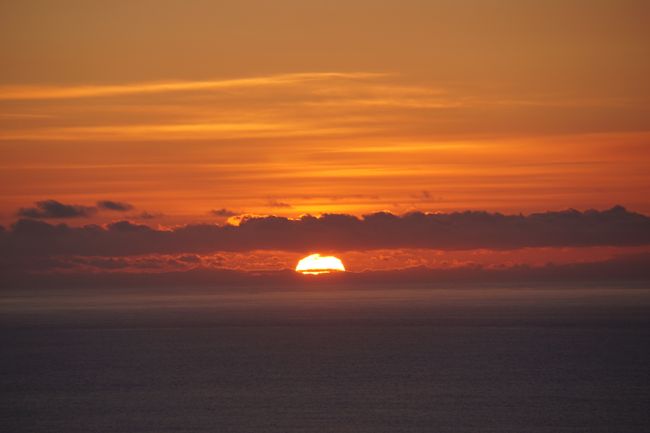
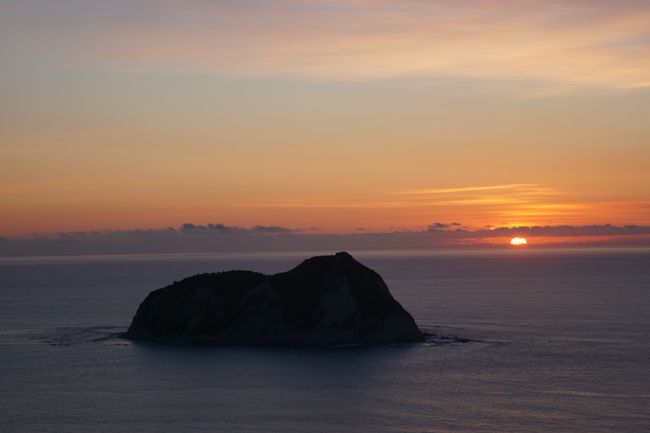
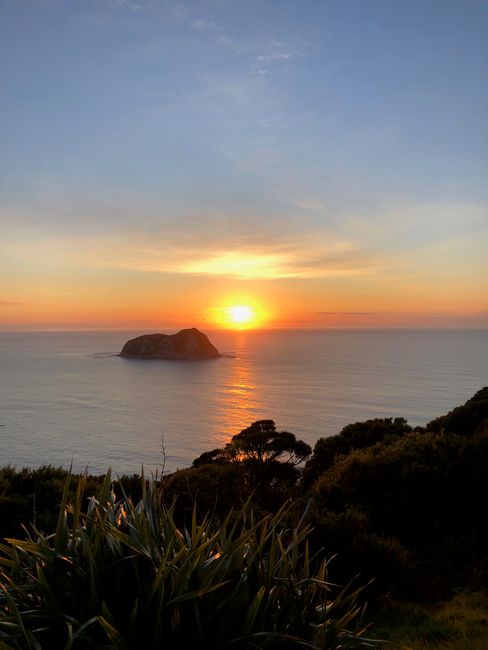
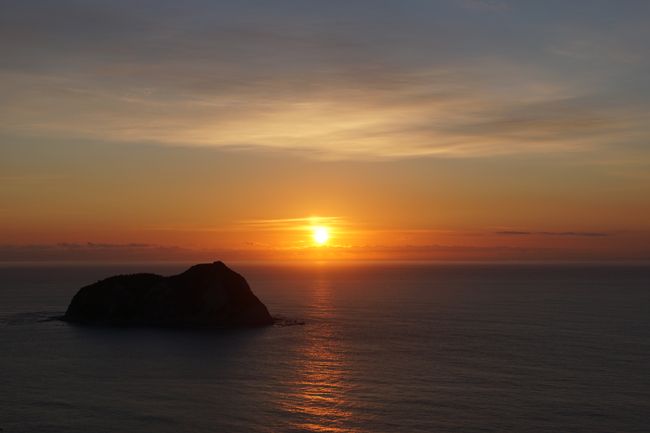
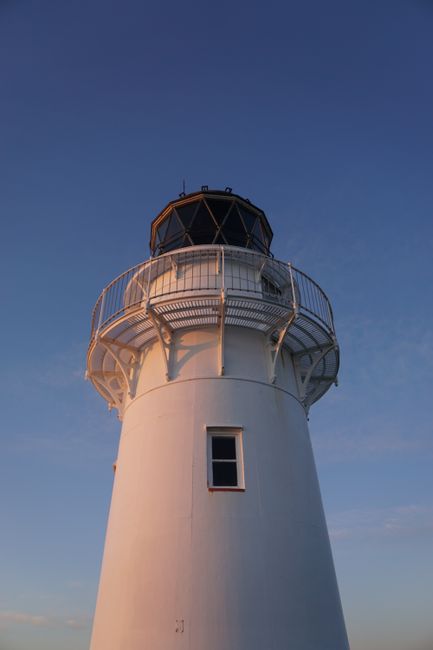
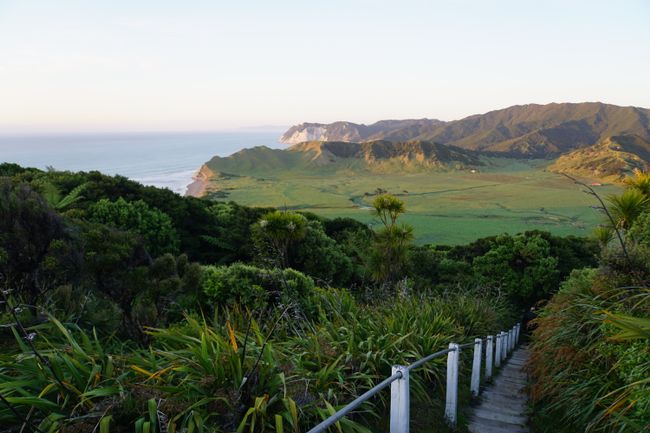
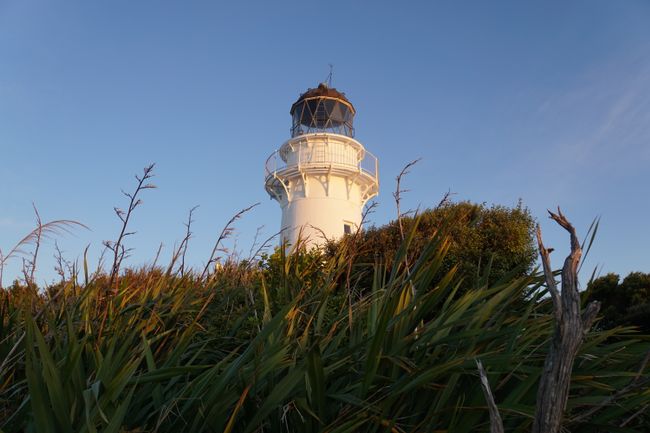
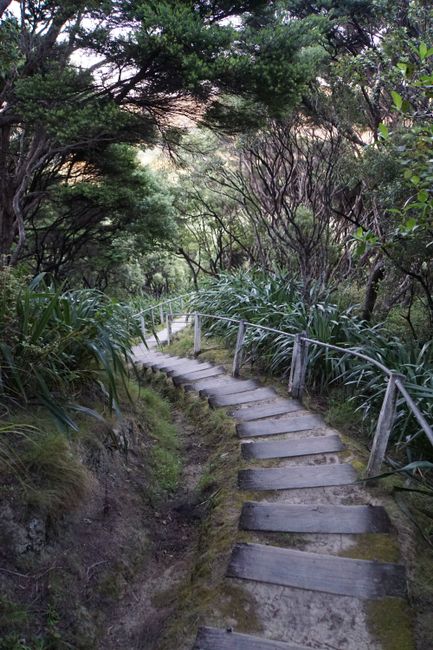
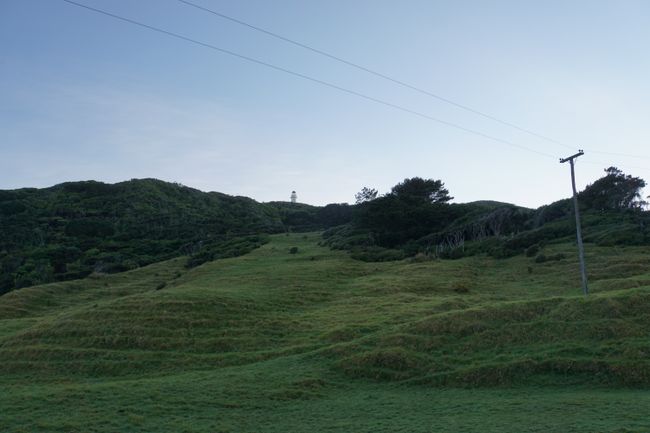
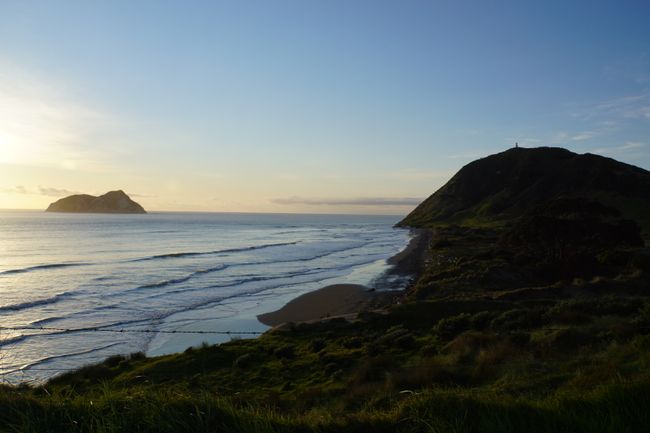
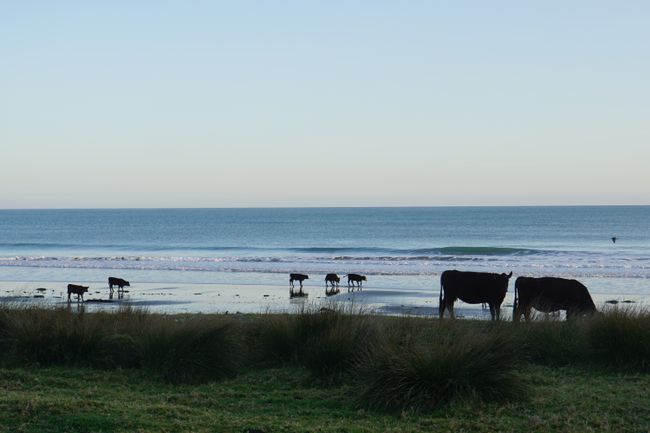
Subscribe to Newsletter
I'm back from my three-day trip to the East Cape. Although I only spent one night and one morning at the East Cape, the journey to this remote point took a very long time. But I enjoyed the journey. Let's start from the beginning. My first stop was at Wai-O-Tapu thermal park. There, you could see various volcanic activities. The highlight here was the Champagne Pool, with its amazing, ever-changing colors and the eruption of a geyser. Although it was artificially induced with a few pieces of soap, it was still very interesting to watch. According to the guide, the geyser erupts naturally only every 24-72 hours, and tourists don't have that much time to wait, so they assist in the eruption. Every morning at 10:30 am sharp, the spectacle begins. Luckily, I was already at the park around 8:30 am, so I could quietly explore the other thermal fields with hardly any crowd. After the geyser erupted, the tourist masses flocked towards the park and I got into my car, briefly stopped at a boiling mud pool, and then continued on to Napier. Napier is a city on the coast of New Zealand. In 1931, it was almost completely destroyed due to one of the worst earthquakes in New Zealand. However, they turned the adversity into an opportunity and rebuilt the city completely. Since the art deco style was trendy back then, it was rebuilt in that style. Since Napier was also my first overnight stop, I used the afternoon to do some shopping, enjoy the sun by the sea, and explore the city. I parked my camper in a parking lot by the coast, a really nice spot. The next morning, I continued on to Gisborne and then to the East Cape. In Gisborne, I only made a stop for refueling and had breakfast in the camper, as I still had a long way ahead of me. There was a total of 6.5 hours of driving between Napier and the East Cape. I arrived at the chosen campsite, about six kilometers from the East Cape, early in the afternoon. I had to drive 14 kilometers of gravel road to get there. My camper was shaken quite a bit, but I arrived without any problems. The campsite is a huge lawn right behind the beach. Since I was only the second camper that day, I could choose my spot. The site fees were very low and had to be deposited in an "honesty box". However, there were only basic facilities such as pit toilets. But just for the location, I was happy to pay the fee. Since there was no cellphone reception again at the East Cape, I spent a lot of time reading my book and took a long walk along the beach after dinner. During the walk, I discovered a dead stingray. By 8:00 pm, I closed the curtains of the camper and eventually fell asleep. This morning, the alarm went off at 4:30 am. It took about 25 minutes to drive the remaining six kilometers on the gravel road until I arrived at a small parking lot at the East Cape. From the parking lot, I had to climb 800 steps up to the lighthouse. Finally, at around 5:30 am, I reached my destination, the lighthouse at the East Cape. Three people were already waiting for the sunrise. It was very chilly overnight, and we couldn't wait to feel the sun's rays. At around 6:10 am, the moment finally arrived, and the sun emerged from the horizon. By then, more people had gathered at the lighthouse. Nevertheless, today on October 22, 2018, I was one of the first people on earth to witness the sunrise. Usually, people rave about sunsets, but from today onward, I will also rave about sunrises. It was simply an absolutely fantastic sight. When the sun was in the sky, I made my way back to the car and with a brief stop in the first bigger city and passing by some cows on the beach, I drove back to Rotorua, where my journey began three days ago. I used the free hot shower at the mountain bike park again and did some shopping in the afternoon. Now I'm sitting in the tourist information center, using the free Wi-Fi and charging my devices. I'm already planning my next big adventure, the Tongariro Alpine Crossing. You'll find out more about it in a few days.
Subscribe to Newsletter
Answer

Travel reports New Zealand

